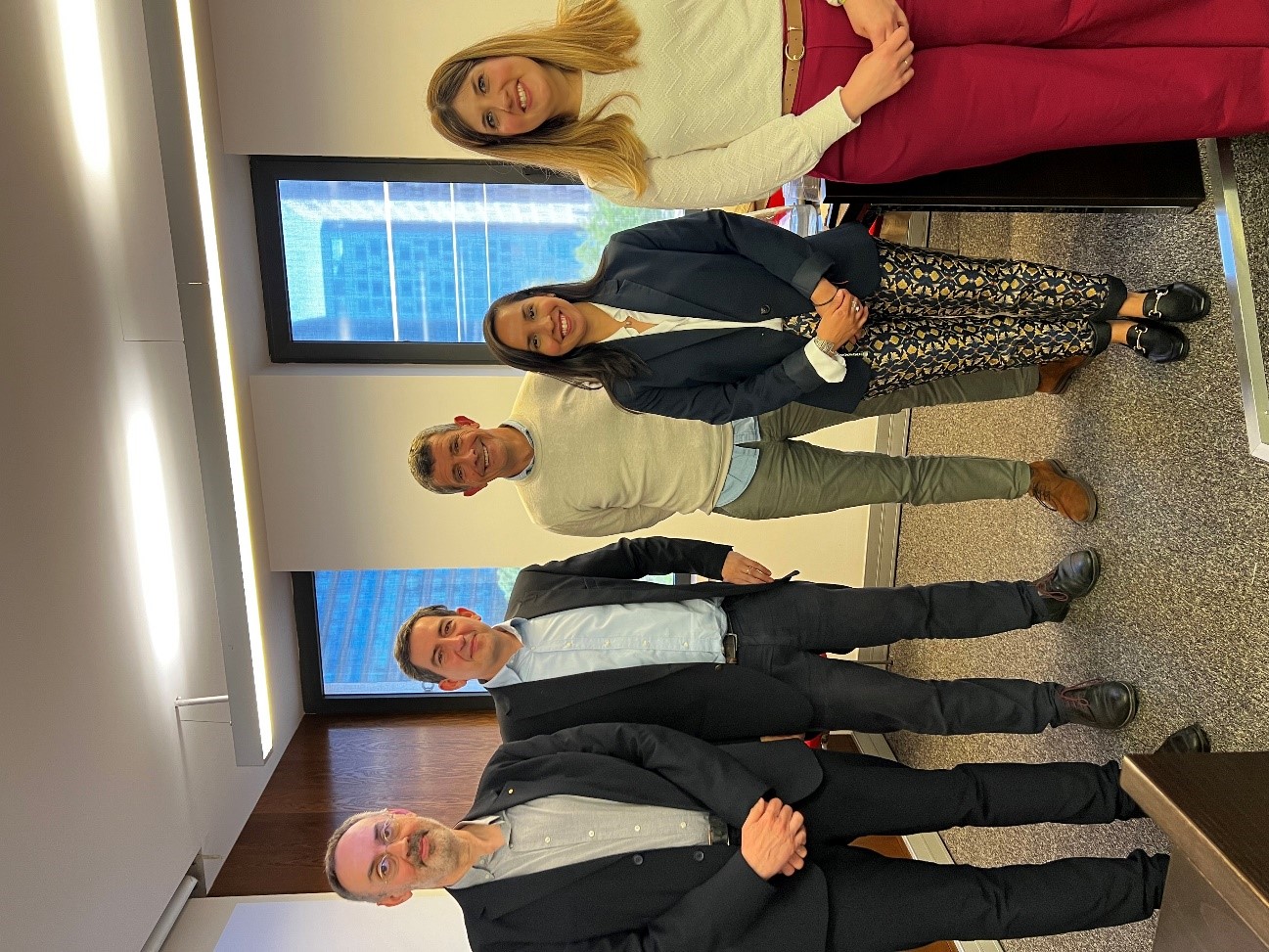Cindy Guin explains in her PhD dissertation how the right to rectification is perceived as a “mechanism of censorship or self-censorship in professional practice”
Cindy Guin explains in her PhD dissertation how the right to rectification is perceived as a “mechanism of censorship or self-censorship in professional practice”
Cindy Guin explains in her PhD dissertation how the right to rectification is perceived as a “mechanism of censorship or self-censorship in professional practice”
The research, which obtained the highest cum laude qualification, was considered “excellent” by the board for analyzing a topic of social relevance.
Cindy Guin Freire's PhD dissertation, titled El derecho a la rectificación en Ecuador y su aplicación en torno a la Ley Orgánica de Comunicación durante los gobiernos de Rafael Correa y Lenin Moreno. Percepciones de los colectivos: jurídico, académico y periodístico entre los años 2013-2021, focuses on the use of the right of rectification, specifically through the case of the Organic Law of Communication of Ecuador, its application during the governments of Rafael Correa and Lenin Moreno, and the perception of its use as a possible mechanism of censorship and self-censorship by three groups: journalists and other media agents, legislators and jurists, and the academic world. The members of the board, composed of Guillermo López García, from the University of Valencia, as president; Koldo Meso, from the University of the Basque Country; and Laura Pérez-Altable, coordinator of the DIGIDOC research group at the Pompeu Fabra University (Barcelona), highlighted that, beyond the specific case, the research raises issues of social relevance, such as the use of the law in the regulation of the activity of the media.
In her research, Cindy Guin appreciates that “the application of the right to rectification during the governments of Rafael Correa generated self-censorship mechanisms in journalists and the media,” at least that is the perception of the various groups interviewed. Cindy Guin highlighted that all the groups assured that the goal of the law was “intentional”, and “responded to a political objective, which sought as its main intention the consolidation of the government of Rafael Correa and his image as a political leader.” Although “the emergence of leftist governments in South America brought with it the implementation of new policies in the field of communication, seeking to reverse the effects of neoliberal deregulation,” in practice the application of these legal instruments meant an intervention in the line of “media activism” proposed by Kitzberger, so that Correa’s government began “an active and participatory intervention in the definition of the media agenda and the regulation of the media.” Although in certain groups, particularly scholars, the law is perceived as theoretically positive in general, even in that group some think that “the law violated freedom of expression and that abuses were committed in its application.”
Cindy Guin Freire's thesis “clearly demonstrates the continued need to study and delve deeper into issues related to freedom of expression. Delving into these topics is essential to understanding journalism's situation, its practice, and the challenges and conflicts it faces today. This deeper and more detailed approach will allow us to acquire a critical and proactive vision that can contribute to formulating possible alternatives and solutions.” That was, precisely, one of the factors that the board unanimously awarded the highest rating to the work to highlight the excellence of the research study.

From left to right: Javier Díaz Noci, PhD supervisor, Guillermo López García, president of the board, Koldo Meso, vocal, Cindy Guin Freire, now a doctor herself, and Laura Pérez Altable, secretary of the board. Picture: Kevin García.
